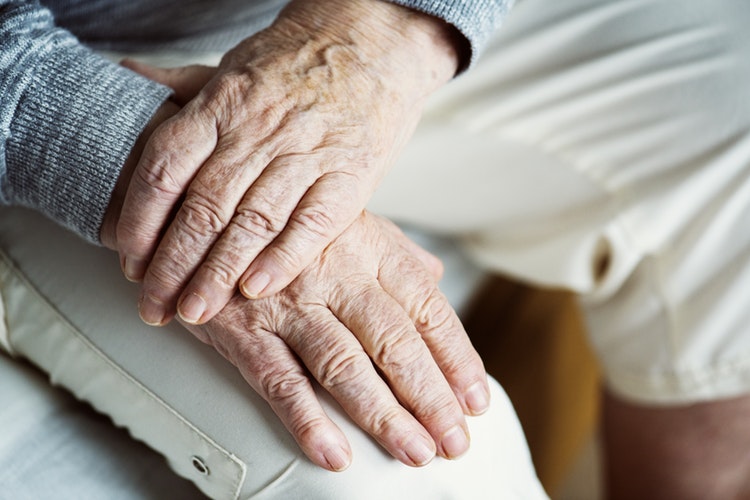Types of Elder Abuse and how to Recognize it

Elder abuse and negligence are common incidents that often go unreported in hospitals, hospice facilities, nursing homes and even with in-home nursing care. When senior citizens reach a certain point in their lives – where they can no longer take care of themselves – they must rely on others for help.
Unfortunately, some caregivers see this as an opportunity to abuse those in their care. There are many ways to detect whether or not elder abuse is going on. Below, we’ve listed the different types and ways to recognize elder abuse.
Physical abuse
The most common type of abuse we think of when it comes to seniors is physical abuse. In order to detect physical abuse, look for strange-looking bruises, cuts, abrasions or markings on the body, and if detected, ask how they happened.
When physical abuse occurs, seniors are usually scared or hesitant to speak about the incidents because of fear of retribution. Because of this, it’s important to listen to not only what they are saying but how they are saying it. Try to detect if they are hiding something or not telling the truth — and remember to assure them that coming forward is the right thing to do.
Financial abuse
Another form of elder abuse that occurs is financial abuse. Keep track of the person’s finances and try to detect any unusual or strange activity on their credit cards, bank statements, estate changes, and more. These will be easy to detect if there isn’t usually much activity on these accounts. In addition, keep an eye on new people who enter your loved ones’ lives; they may have ulterior motives.
Emotional abuse
Emotional abuse is an extremely common type of elder abuse and occurs when someone acts in a way that causes your loved one emotional pain, anxiety or stress.
This type of abuse comes in all different shapes and sizes, including harassment, verbal attacks and put-downs; isolating the victim; yelling or screaming at the victim; threatening to cut off their access to everyday things and more. If you believe a loved one has been the victim of elder care, click here to schedule a free consultation and get help.







